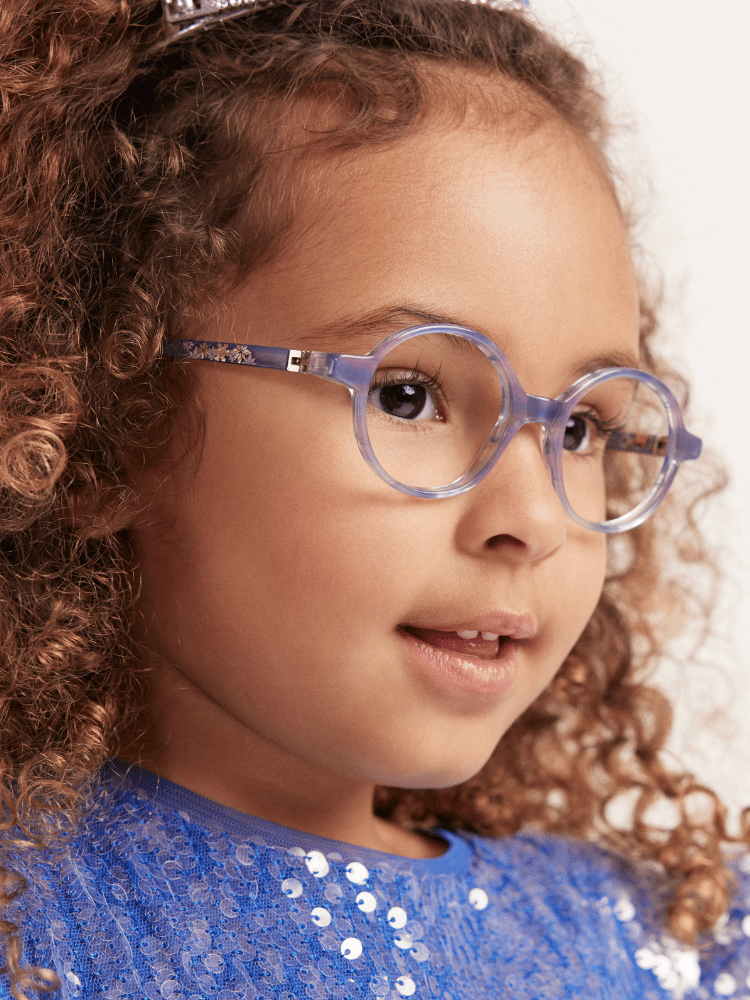RISKS TO YOUR EYES DURING PREGNANCY

A woman’s body goes through many changes during pregnancy as her physiology adjusts to the growth and development of her baby. Here are five known changes to the eyes that may occur during pregnancy.
Droopy eyelid
Hormonal changes can cause fluid retention in certain areas of the body. When this occurs around the eyes, it may push on an eyelid resulting in the appearance of a droopy lid. This usually goes away during the weeks after the baby is born.
Dry eyes
Inflammatory changes that occur from a disruption in normal hormone levels can alter the chemistry of the thin layer of tears that coats the front of our eyes. Dry eyes can be the outcome. Nausea and vomiting (as well as the medications used to treat this) may cause further dehydration which can increase the discomfort associated with dry eyes.
Blood clots in the retina
As a protective mechanism to prevent excessive bleeding from the birthing process, a woman’s body is significantly more prone to blood clots. When this happens in the retina of the eye it may cause damage to the sensitive tissue, which may place vision at risk.
Gestational diabetic eye disease
GDM is a type of diabetes that can happen in pregnant women between the 2nd and 3rd trimesters. Along with diabetes comes the risk for diabetic retinopathy. Women with existing diabetes, either type 1 or type 2, are at greater risk for retinopathy during pregnancy.
Hypertensive eye disease
Pre-eclampsia is a condition during pregnancy that causes an acute rise in blood pressure (hypertension). The vascular changes that result from hypertension may cause a type of retinopathy that may place vision at risk.
While serious eye and vision problems are not common during pregnancy, they need to be managed with care as certain treatments and medications may pose a risk to the baby. If you have concerns, book an appointment with your MVO optometrist. We will conduct an examination, contact your family doctor or obstetrician if necessary, and provide you with the appropriate diagnosis and treatment strategy to keep you and your baby safe.
Reference: An Optometrist's Guide to Pregnancy and Ocular Health (eyesoneyecare.com)










